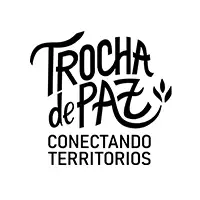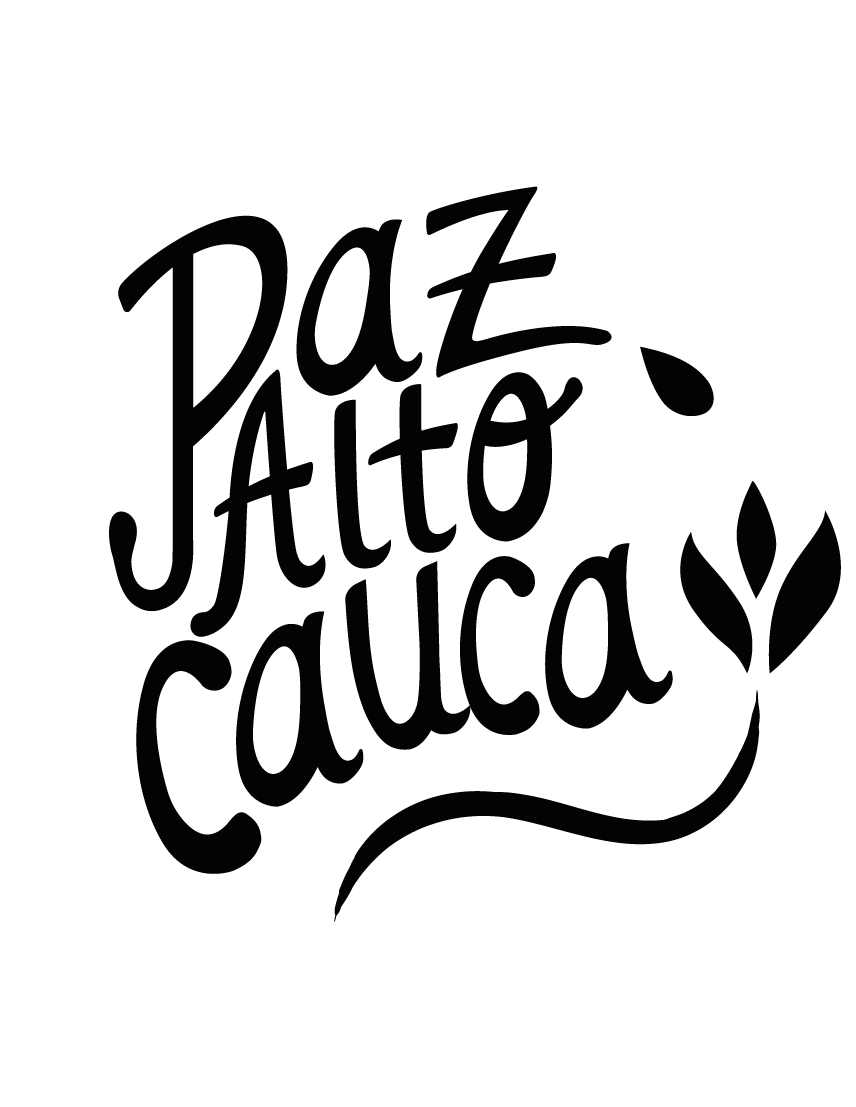
Investigation team
The Paz Alto Cauca project has researchers of high academic quality. Their profiles are presented below.
profiles
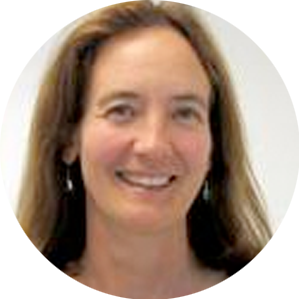
Katherine V. Gough
PROJECT DIRECTOR
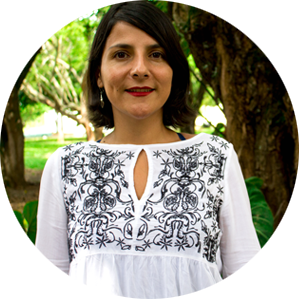
Irene Vélez Torres
PROJECT DIRECTOR
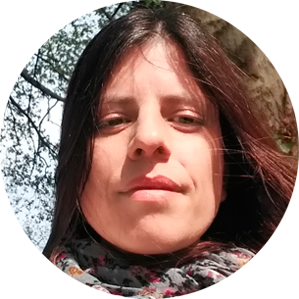
Krisna Ruette-Orihuela
POSTDOCTORAL RESEARCHER AT LOUGHBOROUGH UNIVERSITY
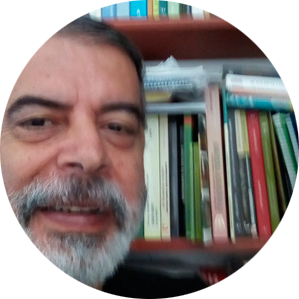
Javier Fayad Sierra
UNIVALLE PROFESSOR
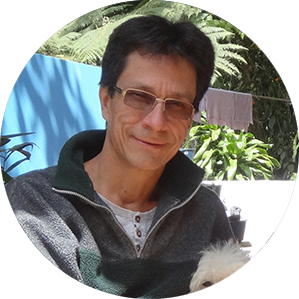
Jorge Rubiano
UNIVALLE PROFESSOR
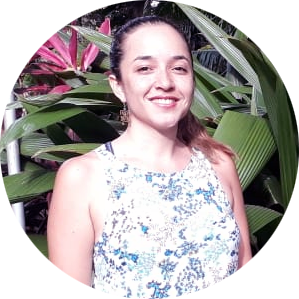
Diana Marcela Hurtado
UNIVALLE RESEARCHER
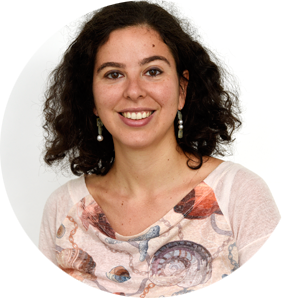
Giulia Piccolino
LOUGHBOROUGH UNIVERSITY PROFESSOR
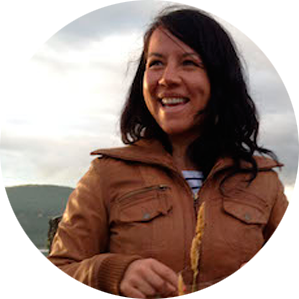
Carolina Escobar-Tello
LOUGHBOROUGH UNIVERSITY PROFESSOR
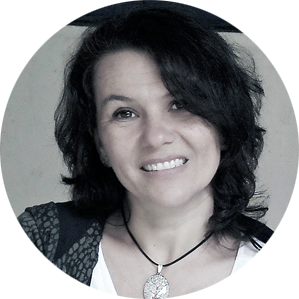
Claudia Martínez Mosquera
UNIVALLE POSTGRADUATE STUDENT
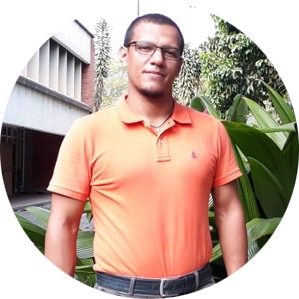
James Iván Larrea Mejía
UNIVALLE POSTGRADUATE STUDENT
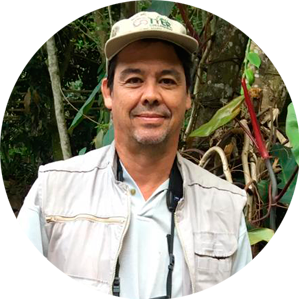
Germán Corredor
BIOLOGIST - ZOOLOGIST
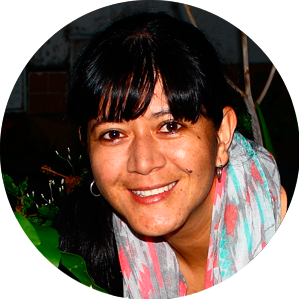
Angela Suarez
AGRICULTURAL ENGINEER
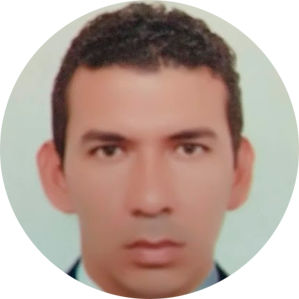
Bladimir Bueno Arenas
UNIVALLE POSTGRADUATE STUDENT
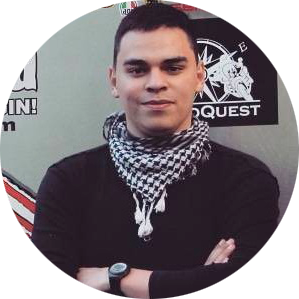
Kevin Orlando Reyes
GEOGRAPHER OF UNIVERSIDAD DEL VALLE


katherine V. Gough
Katherine V. Gough Ph.D. (PI UK) is Professor of Human Geography at Loughborough University, UK. After studying at the University of Cambridge and University College London (UCL), she worked for many years at the University of Copenhagen, Denmark. She has been conducting research in Colombia since her PhD research in 1986/87 on building homes and livelihoods in the city of Pereira. Since then, her research has taken her to a range of settings including sub-Saharan Africa (Ghana, Uganda, Zambia, Cameroon, Rwanda and Tanzania), Latin America (Colombia and Brazil) and the Asia-Pacific region (Vietnam and The Solomon Islands). Her research has primarily been conducted in low-income communities focussing on a range of topics including: housing and home; service provision and the environment; youth and entrepreneurship; mobility and rural-urban dynamics; and urban governance, policy and planning.


Irene Vélez Torres
Irene Vélez Torres is Ph.D. in Human and Political Geography from the University of Copenhagen. She Studied Philosophy (Bs) and Cultural Studies (MsA) at the Universidad Nacional de Colombia. Currently, she is Associate Professor in the School of Environmental & Natural Resources Engineering (EIDENAR), Universidad del Valle, where she works on the critical analysis of socio-environmental conflicts, ethnic inequality, and community assessment of contamination and other environmental problems. She has explored participatory and interdisciplinary methodologies in order to create knowledge that is valuable for the communities as well as for the academia. Her region of interest in Latin America and its glo-cal connections, Colombia in particular.


Diana Marcela Hurtado
Diana Marcela Hurtado Chaves is MSc. in Sustainable Development and a Sanitary Engineering of Universidad del Valle. Currently, she works as a researcher in projects associated with the School of Environmental & Natural Resources Engineering (EIDENAR) of the Universidad del Valle. In addition to her technical training, this professional has been interested in the social and political measures of conflicts around the environment. He has participated in research projects, mainly in the Alto Cauca region, on issues related to environmental health, environmental monitoring and evaluation of socio-environmental impacts.


Javier Fayad Sierra
Javier Fayad Sierra postdoctor in Social Sciences of the CINDE, University of Manizales, CLACSO, Catholic University of Sao Paulo, and the University of the Border Mexico; PhD in Education and Pedagogy, Magister in History and Specialist in Philosophy, Ethics and Human Rights from the Universidad del Valle. He is currently and appointed professor for the Institute of Education and Pedagogy at the Universidad del Valle. He is part of the research group History of Pedagogical Practice in Colombia, categorized as A1 by Colciencias; His Pedagogical work is focused on social and cultural practices which has allowed him to inquire about education in rural, indigenous and afro-descendant territories of Cauca and the south of the Valley of Cauca region; He bases his work on Popular Education and communitary pedagogies with a vision of diferential and relational pedagogies. His interest is to provide local communities with participatory methodologies which relate worldviews, ecosystems and ways of thinking which include the conventinal school as well as formative aspects within cultures.


Jorge Rubiano
Jorge Rubiano currently works at the Department of Geography, Universidad del Valle (Colombia). He has a PhD in Geography from the Nottingham University at the UK and a BSc in Agronomy (Colombian National University) and a MSc in Monitoring and Modelling of Environmental Change (KCL-London). He focuses his research on spatial analysis on agriculture, environmental science and water resources. Current Projects include the SATREPS International Cooperation project with the Japan Government and other two Newton funded projects: Peace in the North of Cauca Province in Colombia and POst-conflict Reconciliation of Environment and Livelihoods in Boyacá Páramos. He also participates actvely in several water committes in the Valle Province.


Giulia Piccolino
Giulia Piccolino is Lecturer in Politics and International Relations at Loughborough University. She was awarded her PhD at the University of Florence in Italy in 2012, with a dissertation where she explored the political use of nationalism during the conflict and peace process in Côte d’Ivoire. From 2014 to 2016, she was a Post-doctoral researcher sponsored by the Alexander Von Humboldt foundation at the GIGA German Institute of Global and Area Studies in Hamburg. She has carried out extensive fieldwork in West Africa on conflict resolution and peacebuilding and has worked in the field of post-conflict electoral observation and assistance for the United Nations and the Carter Center. Her current research focuses on non-liberal forms of post-conflict reconstruction and on the redeployment of state authority in former rebel-controlled areas. Dr Piccolino has published widely in peer reviewed journals, including African Affairs, Development and Change, Third World Quarterly and Democratization.


Carolina Escobar-Tello
Carolina Escobar-Tello Ph.D. is a progressive researcher, designer, and facilitator working across industrial, product, service, and systems design. Happiness and wellbeing, sustainability, social innovation, creativity, systemic thinking, and a pro-active mind-set underpin her role as agent of social change that responds to the complex global challenges of today. With a PhD in Sustainable Design, an MSc degree in Sustainable Product Design awarded at Distinction level allied to a BA (Hons) in Industrial Design, Carolina is at present a Lecturer in Design at Loughborough Design School, Loughborough University, UK. With extensive professional multicultural design and management experience in the industrial, non-for-profit, and governmental arena (UK; USA; Europe; South America), her work has been published in journals and international peer-reviewed conference proceedings. She is an expert in Design for Happiness, Sustainable Design; Social innovation, and co-convenor of the Design Research Society Special Interest Group on Sustainability; and the Design Research Society Special Interest Group on Design for Health, Wellbeing and Happiness.


Kevin Orlando Reyes
Kevin Orlando PAC, Geographer of Universidad del Valle and Technician in Administrative Assistance, has advanced knowledge in the management of Geographic Information Systems-GIS and spatial database management. During the last years he has worked in research projects related to the reduction of vulnerability to climate change of the Tropical Dry Forest and Montane-low Humid Forest ecosystems, the conservation of biodiversity and the development of Rural Land Plans. He considers himself a passionate person for what he does and sensitive to socio- territorial issues; One of his great goals is to pursue the profession in the service of the environment and the communities.


Claudia Martínez Mosquera
I am a professional in social work with emphasis in education and community development, I am currently in my last semester of studies for a master’s degree in sustainable development, I have experience in implementing programs of organization and community development, participation of research teams in the social field in which I have formulated projects and systematized experiences in rural and urban contexts, developed environmental impact studies and socio-environmental management plans for protected areas and areas of special interest. In addition to socio-environmental audits for road infrastructure and hydraulic engineering projects. I have also designed and oriented education processes aimed at human development, environmental education and sustainable development, life plans, conflict resolution, and change awareness. I focus my graduate studies in the research line of rural sociology.


James Iván Larrea Mejía
James Iván Larrea Mejía is Geographer (Universidad del Valle), with experience in the technical and organizational support to peasant communities on issues of territorial planning, human rights, and production and food sovereignty. He has worked in projects with rural communities (peasants, indigenous and afro-descendants) in land use planning and GIS. Currently, he is student of the Master’s Program in Sustainable Development at Universidad del Valle and research assistant in projects on Food Sovereignty and Territorial Peace.


Germán Corredor
Biologist-Zoologist with a Master’s degree in Wildlife Management and Conservation and a Doctorate in Sciences – Biology. He has experience in conservation of native species of threatened fauna. He works as an advisor in ecological restoration, wildlife and flora inventories, ex situ conservation programs and currently a is teacher at the Universidad Nacional de Colombia, sede Palmira.


Angela Suarez
Agricultural Engineer, Master in Biological Sciences from the National University of Colombia. With experience in accompanying participatory processes of peasant communities in organizational and educational aspects; in formulation, coordination and implementation of productive projects of food sovereignty, agroecology and agriculture with peasant communities; in construction and application of tools and methodologies for comprehensive rural and productive diagnostics; in participatory land planning; in the elaboration and implementation of strategic planning methodologies for rural communities; in the evaluation of agro-biodiversity and phytogenetic resources of peasant farms; in the accompaniment and training of agroecological producers and in technical assistance for the establishment and maintenance of peasant economy crops. With knowledge in history and agrarian struggles in Colombia and diverse topics related to the national rural situation, the final agreement for the termination of the conflict and the construction of a stable and lasting peace; as well as the knowledge and management of proposals of the peasantry for the dignification of the life of their communities and the preservation and conservation of their territories. With the ability to lead and coordinate collective work and work as part of a team.


Krisna Ruette-Orihuela
Is a postdoctoral research associate at the Department of Geography and Environment of the University of Loughborough. Completed her M.A and Ph.D studies in anthropology at the University of Arizona and has a B.A in anthropology from the Universidad Central de Venezuela. She was a researcher and professor at the Center for Anthropology of the Venezuelan Research Institute and has coordinated participatory projects with indigenous Afro-descendant, and peasant organisations and with cocoa producers. She was a postdoctoral researcher in the project «Latin American anti-racism in a ‘Post-racial’ age” at the University of Manchester, examining how racial inequalities have been contested through territorial, political, legal and aesthetic strategies in Colombia. Her academic interests focus on ethno-racial mobilizations and nation-state institutions, territorial struggles, and racism, anti-racism and multiculturalism in Colombia and Venezuela.


Bladimir Bueno Arenas
Bladimir Bueno Arenas, Geographer of Universidad del Valle and Technician in Administrative Assistance, has advanced knowledge in the management of Geographic Information Systems-GIS and spatial database management. During the last years he has worked in research projects related to the reduction of vulnerability to climate change of the Tropical Dry Forest and Montane-low Humid Forest ecosystems, the conservation of biodiversity and the development of Rural Land Plans. He considers himself a passionate person for what he does and sensitive to socio- territorial issues; One of his great goals is to pursue the profession in the service of the environment and the communities.
PARTICIPANTS
Organizations:
-
Consejo Comunitario Cuenca Río Timba Mari-López
-
Asomirafro
-
Asocordillera
-
Asprozonac
-
Astrazonac
-
ECOMUN
-
COMUNVALLE
-
Cabildo Indígena Corinto López Adentro
-
Cabildo Indígena Cilia-La Calera
-
Cabildo Indígena La Paila Naya
Institutions:





Trocha de Paz Project
Trocha de Paz is a project where academia and civil society join forces to make visible, analyze and make possible the construction of peace in Colombia. We seek to foster connections, visualizations and reflections between academics, communities, entrepreneurs, activists and public institutions at local, national and international levels.
